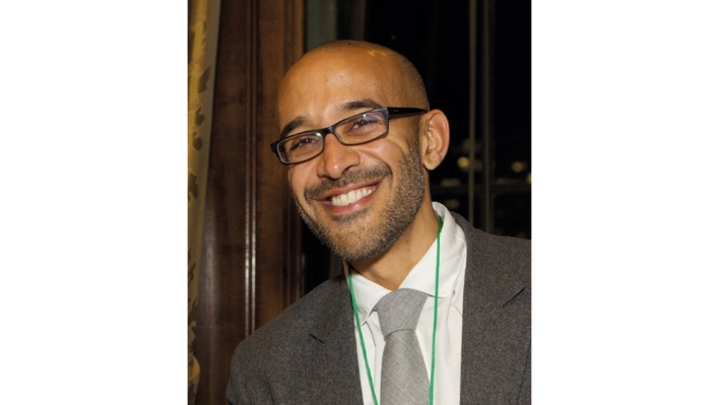“It’s fun but it’s intense… flying by the seat of your pants a lot of the time.”
Heather Andrews, a dubbing mixer and sound designer, who has worked on ITV crime drama Karen Pirie, was talking about working in sound at a ScreenSkills/RTS Scotland session this month.
Offering advice, Andrews said: “Learn from the people doing it… If people think you’re good and they really like you, they’ll keep giving you work.”
Andrews cautioned, however, that the work comes in peaks and troughs, which can leave you exposed in what is largely a freelance industry.
Sound mixer Graham McCormick (Shetland) worked on short films for “little or no money”, before landing his first sound trainee role on BBC Scotland drama Tinsel Town. He then found regular work as a boom operator.
Sound assistant Hayley Pollock (The Weakest Link) did a degree in sound, but broke into TV as a runner. “It meant that my face was in the building – I used to bring [fellow panellist] Jim [Hunter] his cups of tea,” she recalled.
When BBC Scotland needed more sound people to cover an election, Pollock was given an opportunity; within a year and a half of starting in TV, she was working exclusively in sound. But running, she added, was an ideal first job, giving her “a good foundation in how TV works”.
Sound supervisor Jim Hunter, who won the RTS Scotland Outstanding Achievement Award on leaving the BBC last year, now freelances. He was optimistic about the future of sound. “AI does have a place in some parts of sound to assist people, but not to take over their jobs. There will still be [a need] for the craft skills… it’s an exciting time.”
The event was chaired by James Wilson, Curriculum Head: Broadcasting at City of Glasgow College.







